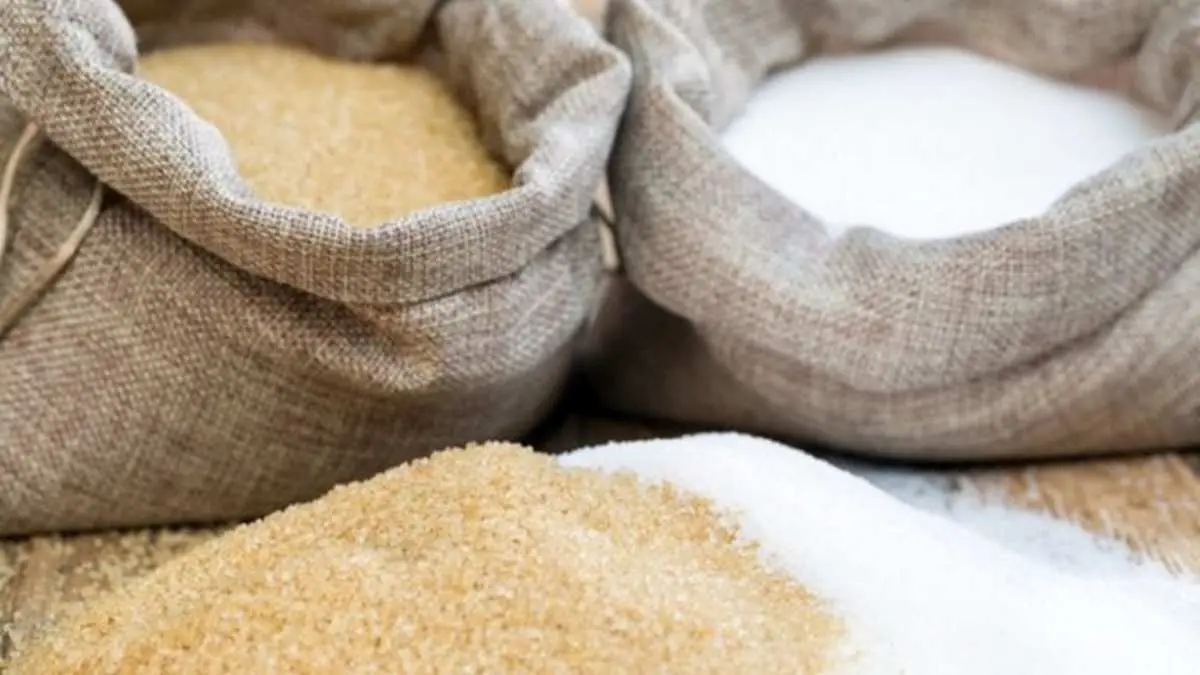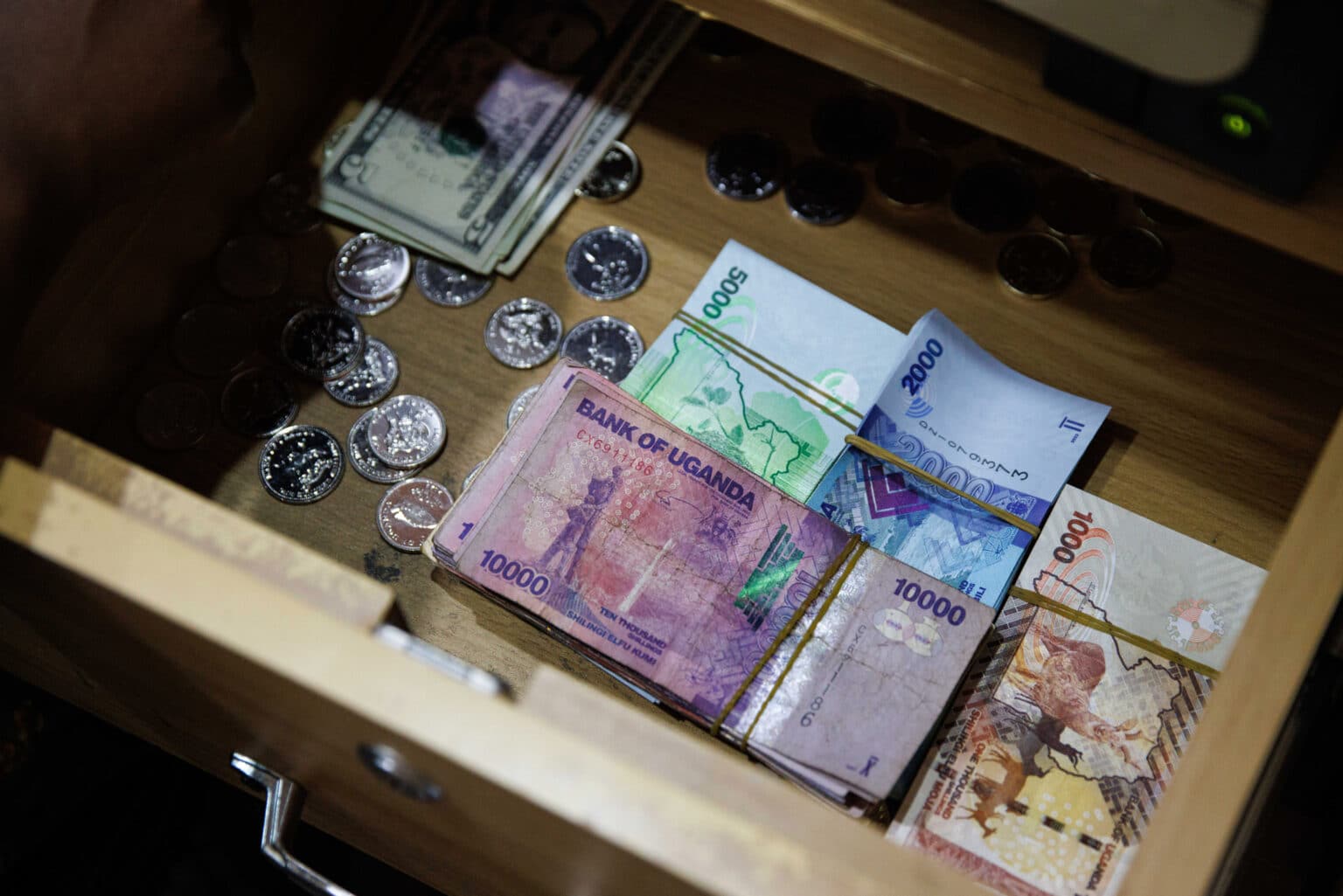The Kampala City Traders Association (KACITA) is requesting a reduction in the 25% tariff imposed on imported refined sugar at the beginning of the current financial year. KACITA, an organization comprising over 3 million members, including manufacturers, importers, and Micro, Small, and Medium Enterprises (MSMEs), was officially established in 2001 with the primary goal of facilitating trade and creating a sustainable marketplace for its members.
KACITA’s CEO, Abel Mwesigye, raised this concern on Thursday, October 26, while engaging with the National Economy Committee of Uganda’s Parliament, chaired by John Bosco Ikojo, during discussions about the state of the economy.
Mwesigye pointed out that the local confectionery industry is at risk of collapsing due to high taxes and unreliable supply. He highlighted the significant increase in import duty from 10% to 25%, which has put beverage and confectionery businesses in a precarious position. He noted that only Kinyara has been granted the opportunity to monopolize sugar production, while other companies like Coca-cola and Riham are struggling with sugar shortages and high costs of local sugar.
Mwesigye provided price comparisons, stating that imported white sugar costs around $910 (sh3.4 million) per ton at the warehouse, whereas locally produced sugar from Kinyara is approximately $1,001 (sh3.7 million) per ton, resulting in an excess of $200 per ton. He emphasized that even though local manufacturers are willing to buy at a higher cost, there is still a shortage of sugar.
Mwesigye warned that this situation could have adverse effects on the country’s economy and companies that produce beverages, including beer.
According to Dr. Julius Byaruhanga, the director of policy and advocacy at Private Sector Foundation Uganda (PSFU), the beverage, confectionery, and other manufacturing sectors in Uganda consume more than 110,000 metric tonnes of industrial sugar annually. However, Kinyara’s current production capacity, as reported to the Uganda Revenue Authority (URA), is 60,000 metric tonnes per year. This disparity highlights the challenges of meeting the industry’s sugar demand, as manufacturing industries are operating at only 54% of their capacity.
To address the issue, Byaruhanga and economist Dr. Fred Muhumuza proposed a phased reduction of the 25% import duty on white sugar. Byaruhanga suggested that industrial sugar users should consume all the sugar produced by Kinyara at a zero import duty rate and import the remaining sugar at a 10% import duty rate. Dr. Muhumuza recommended a phased reduction to 15% or 20% before eventually reaching 25%, which would allow Kinyara to increase its production capacity.
Market research by IndustryARC indicates that Uganda’s confectionery market is expected to reach $117.2 million (sh441.2 billion) by 2027, growing at a compound annual growth rate of 3.7% during the forecast period from 2022 to 2027. The report predicts increased demand for confectionery products due to a rising youth population in Uganda, with the country’s population expected to reach 54 million by 2025 and 130 million by 2050.




















